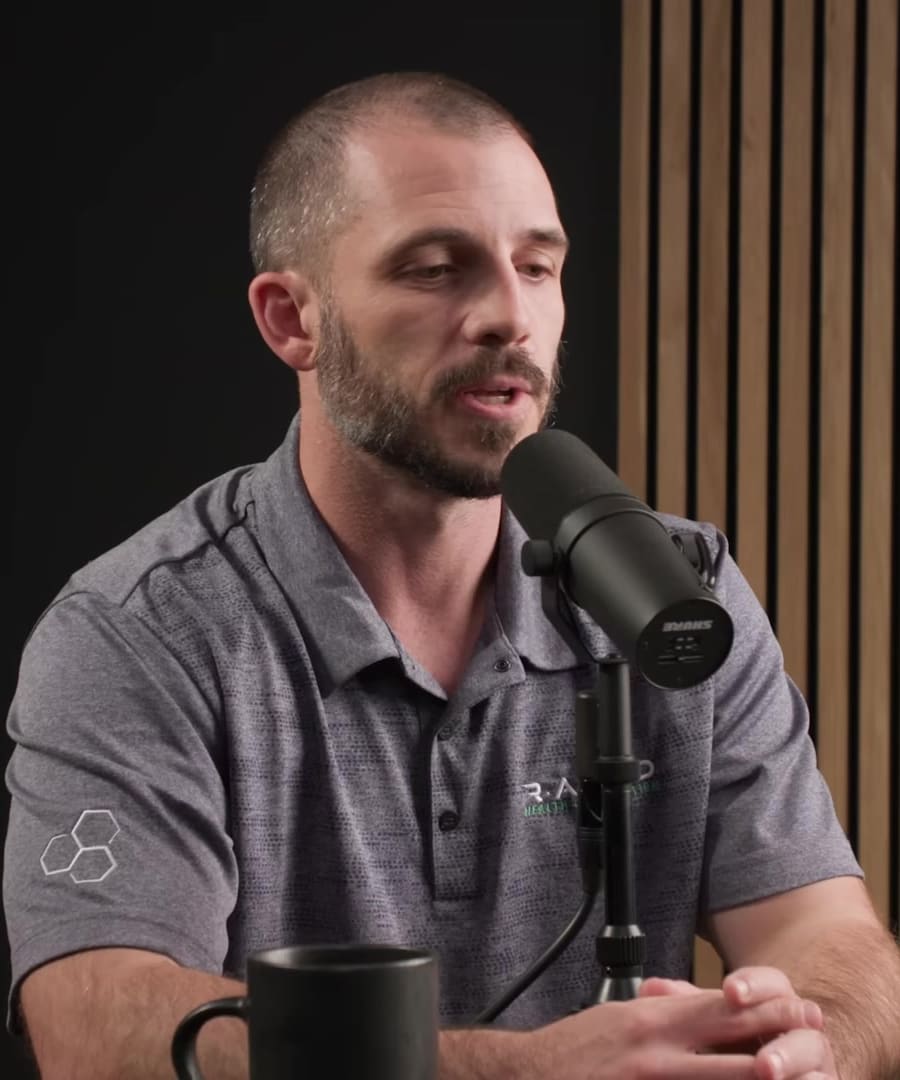Cold plunging with a cold
Sources:
There isn't any data specifically addressing the safety or effects of cold plunging while having a cold. However, it's generally recommended to approach any form of stress on the body with caution when not feeling well.
emphasizes safety and responsibility when it comes to practicing stress-inducing activities, like cold plunging, because while these can enhance the ability to manage stress, they also elevate physiological stress responses 1. This is particularly important to consider if your body is already under stress from a cold or any other illness.
Typically, increased adrenaline from cold plunging can help manage stress and lead to mental clarity, but it is a form of stress itself. If you're considering doing it while you have a cold or any other ailment, it could potentially make it harder for your immune system to recover, since your body is already working to fight off the illness.
In general, you should always consult with healthcare professionals before engaging in any form of cold exposure, especially if you are unwell, have certain medical conditions, or are uncertain about how your body will respond. This ensures your safety and that you do not inadvertently delay your recovery or worsen your condition.
RELATED QUESTIONSHow does cold plunging help the body recover?
Sources:
Cold plunging can help the body recover through multiple mechanisms, as explained by and his guests on the podcast. Some of the key benefits of cold water immersion or cold exposure for recovery are:
-
Reduced Inflammation and Muscle Soreness: Cold exposure reduces inflammation and delayed onset muscle soreness (DOMS), which can help accelerate recovery from intense training sessions 1.
-
Improved Muscular Power Performance: Cold water immersion after high-intensity exercise shows improved outcomes for muscular power and perceived recovery, compared with passive recovery 2.
-
Enhanced Mental Balance: The dive response triggered by cold exposure slows down the heart rate and can help facilitate mental balance, contributing to overall recovery and well-being 3.
-
Activation of Parasympathetic Nervous System: Cold exposure can activate the parasympathetic (rest and digest) branch of the nervous system, leading to a biological conservation of energy, which is beneficial for recovery processes 2.
-
Increase in Anti-inflammatory Cytokines: Cold exposure can increase anti-inflammatory cytokines like interleukin-10 and reduce pro-inflammatory cytokines such as interleukin-6 1.
However, it's important to note that while cold exposure can aid recovery by reducing inflammation and muscle soreness, its use immediately after resistance training may interfere with pathways involved in muscular repair and growth. Therefore, those seeking to maximize muscle hypertrophy or strength improvements should be cautious about using cold exposure as a recovery tool in the immediate post-workout period 4.
An additional point made by Dr. Andy Galpin and is that the correct temperature and duration are important to get the desired recovery effects from cold water immersion, with colder temperatures and longer durations being associated with better outcomes in endurance performance and reduced muscle damage markers like creatine kinase 5 2.
Users considering cold plunging for recovery should evaluate their specific training goals and may need to time their cold exposure with care to avoid hindering muscle growth and strength gains, especially if these are primary objectives of their training regimen. Always consult with a healthcare professional to determine the best approach for your individual circumstances.
RELATED QUESTIONS-
Cold plunging with a cold
- RELATED QUESTIONS
How does cold plunging help the body recover?
- RELATED QUESTIONS





